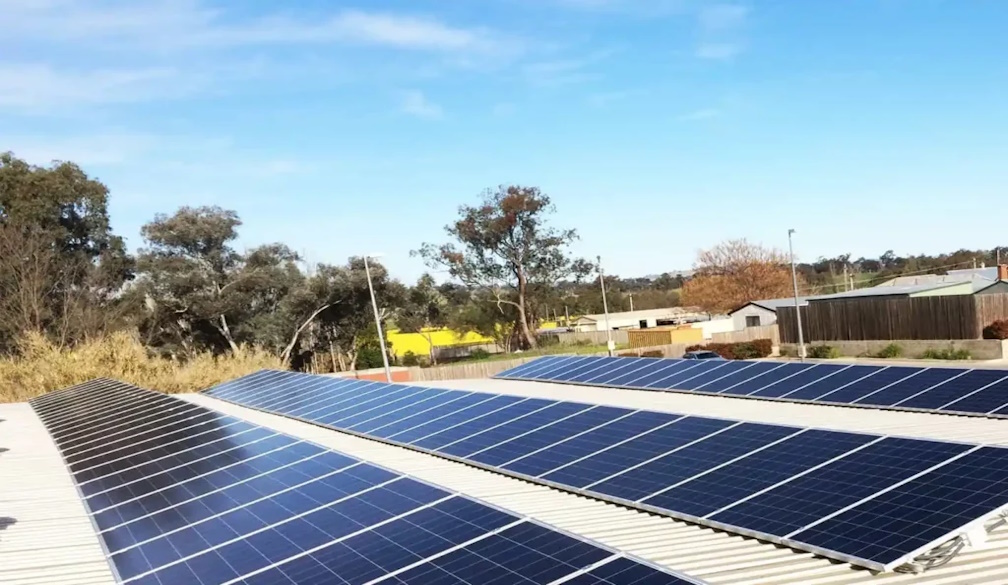How Long Does a Solar Battery Last?

In the heart of Queensland, particularly the Gold Coast, the solar power movement is gaining momentum. Homeowners are increasingly turning to solar panels and batteries as a way to harness the abundant sunshine. A key question often arises: How long does a solar battery last? This article by Universe Solar delves into the lifespan of solar batteries, factors affecting their longevity, and tips for choosing the right battery for your home.
Understanding a Solar Battery
Solar batteries are more than just storage units; they are the backbone of a home's solar energy system. They store the excess power generated by solar panels, making it available for use during the night or on cloudy days. This ability to store and manage energy is what makes solar power a reliable and consistent energy source for homeowners.
Why Choose Solar Batteries?
The advantages of solar batteries for Queensland residents are numerous. They provide energy independence, reduce electricity bills, and offer a sustainable alternative to traditional power sources. In an era of increasing energy costs and environmental awareness, solar batteries represent a smart investment in both financial and ecological terms.
Lifespan of Solar Batteries
The lifespan of a solar battery can range from 5 to 30 years, depending on several factors. These include the type of battery, usage patterns, environmental conditions, and maintenance. Understanding these factors can help homeowners make informed decisions about their solar energy systems.
Factors Affecting Battery Lifespan
- Type of Battery: Lithium-ion batteries, for example, tend to have a longer lifespan and higher efficiency than lead-acid batteries.
- Usage Patterns: The frequency and intensity of battery use play a significant role in its lifespan. Regular deep discharges can shorten a battery's life.
- Environmental Conditions: In Queensland's warm climate, ensuring proper ventilation and cooling for your solar battery can prevent overheating and extend its life.
- Maintenance: Regular checks and following the manufacturer's maintenance guidelines are crucial for prolonging battery life.
Types of Batteries
Understanding the different types of solar batteries is essential for homeowners. The two main types are:
- Lithium-Ion Batteries: Known for their efficiency and long lifespan, they are a popular choice for residential solar systems.
- Lead-Acid Batteries: While more affordable, they have a shorter lifespan and require more maintenance.
Each type has its specific maintenance needs and performance characteristics, making it important for homeowners to choose based on their specific needs and budget.
Maintenance and Care
Proper maintenance is key to maximising the lifespan of a solar battery. Tips for maintenance include:
- Regular Inspections: Checking for any signs of damage or wear.
- Temperature Control: Keeping the battery at a stable temperature to prevent overheating or freezing.
- Charge Level Monitoring: Ensuring the battery is not consistently overcharged or deeply discharged.
Future of Batteries in the Solar Industry
The future is promising for solar battery technology. Continuous advancements are leading to batteries that are more efficient, durable, and affordable. This evolution is crucial for making solar energy more accessible and effective for homeowners.
Advancements in Technology
- Increased Efficiency: Newer models are expected to store more energy and have longer lifespans.
- Cost Reduction: As technology advances, the cost of solar batteries is anticipated to decrease, making them more affordable for the average homeowner.
Impact on Homeowners
These technological advancements mean homeowners can look forward to solar batteries that offer better performance and value. This translates to more efficient home energy systems and potentially greater savings over time.
Choosing the Right Solar Battery for Your Home
Selecting the right solar battery is a crucial decision for homeowners. Factors to consider include:
- Capacity: How much energy the battery can store, which should align with your home's energy needs.
- Warranty: A longer warranty period can indicate a higher-quality battery.
- Compatibility: Ensuring the battery works seamlessly with your existing solar panels and inverter.
Installation and Costs
Installing solar batteries involves initial costs, but these are an investment in long-term savings and sustainability. The process should be conducted by certified professionals to ensure safety and efficiency. Additionally, homeowners should consider the ongoing maintenance costs and the potential return on investment over the life of the battery.
Supporting a Sustainable Future
By choosing solar batteries, homeowners in Queensland are contributing to a greener, more sustainable future. Solar energy reduces reliance on fossil fuels, decreases greenhouse gas emissions, and promotes a cleaner environment.
Government Incentives and Rebates
In Queensland, homeowners may be eligible for government incentives and rebates for installing solar batteries. These programs are designed to encourage the adoption of renewable energy and make solar batteries more affordable.
Conclusion
Solar batteries are an integral part of a home's solar energy system, offering numerous benefits from cost savings to environmental sustainability. With proper selection, maintenance, and care, a solar battery can be a valuable, long-lasting investment for your home. As technology advances, the future of solar batteries looks even brighter, promising more efficient and affordable solutions for homeowners.
Exploring More
For those interested in exploring solar batteries further, numerous resources are available. Local solar energy experts can provide tailored advice, and government websites offer up-to-date information on incentives and rebates. Embracing solar energy is a wise decision for both your home and the planet.
